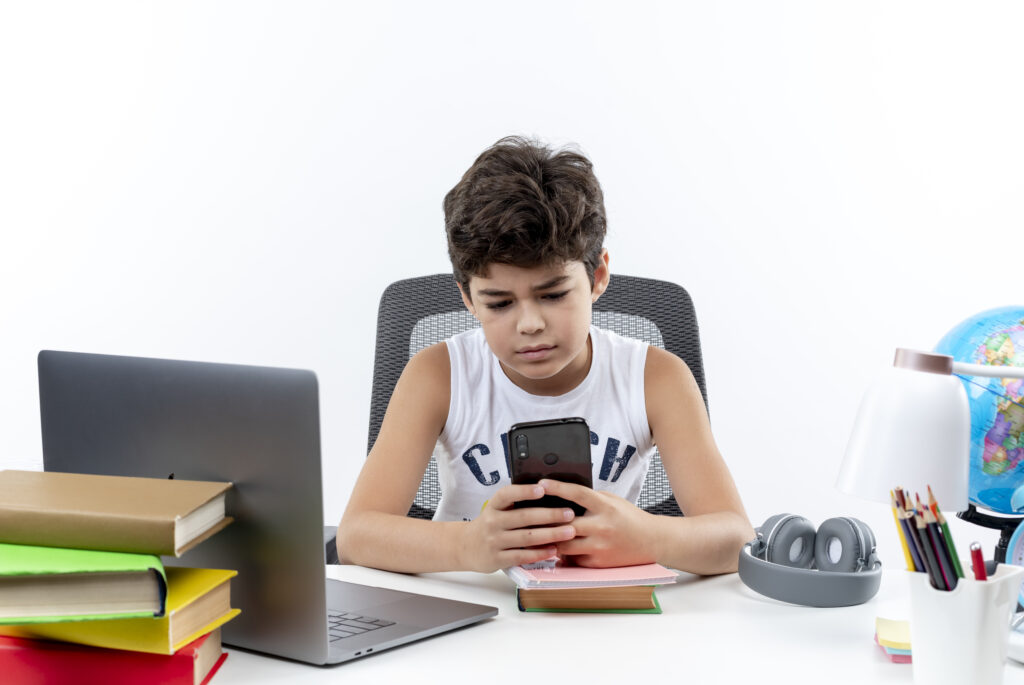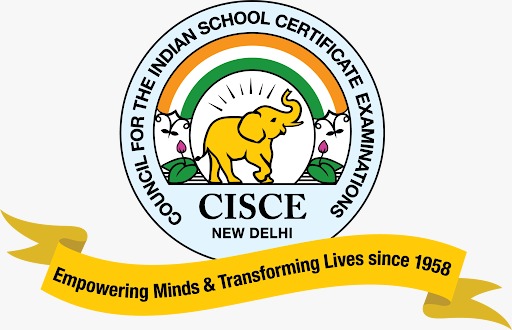Introduction
In an age where screens dominate learning and leisure, students are more connected than ever—but at what cost? Digital detox, the practice of taking intentional breaks from technology, is no longer a luxury but a necessity for growing minds.
From online classes to social media scrolling, students spend hours glued to devices, leading to decreased attention spans, sleep disruptions, and heightened stress. Schools, including best international schools in Kadugodi, are now recognizing the need to teach digital wellness alongside academics.
But why is unplugging so crucial, and how can students benefit from a digital detox? Let’s explore.
Why Is Digital Detox Important for Students?
Excessive screen time affects students in multiple ways:
- Reduced Focus & Productivity – Constant notifications disrupt deep learning.
- Sleep Deprivation – Blue light from screens interferes with melatonin production.
- Increased Anxiety & Stress – Social media comparisons harm self-esteem.
- Poor Physical Health – Sedentary screen time leads to eye strain and posture issues.
A structured digital detox helps students:
- Improve concentration and memory
- Develop real-world social skills
- Enhance creativity and problem-solving
- Restore mental and emotional balance
The Science Behind Screen Time & Brain Development
Recent studies reveal that excessive screen time can have profound effects on young minds:
- Reduced Gray Matter – Research shows that prolonged screen use can shrink areas of the brain responsible for cognitive control and emotional regulation.
- Impaired Memory Retention – The habit of constant multitasking between apps and notifications weakens the brain’s ability to retain information.
- Lower Dopamine Sensitivity – Frequent digital stimulation makes everyday activities feel less rewarding, leading to dependency on screens for satisfaction.
A Stanford study found that students who limited social media use to just 30 minutes per day reported significant reductions in loneliness and depression after just three weeks.
Digital Detox Challenges & How to Overcome Them
While the benefits of unplugging are clear, students often face hurdles when trying to reduce screen time. Here are common challenges and solutions:
Challenge 1: “I need my phone for homework!”
Solution: Use website blockers like Freedom or Cold Turkey to limit distractions during study sessions. Designate specific times for checking messages rather than constant notifications.
Challenge 2: “I’ll miss out on social updates.”
Solution: Schedule short, intentional check-ins (e.g., 10 minutes twice a day) rather than endless scrolling. Encourage friends to join the detox challenge for mutual accountability.
Challenge 3: “My friends are always online.”
Solution: Propose offline activities like board games, sports, or study groups. Real-world interactions strengthen relationships more than passive online engagement.
Pro Tip: Try a “Screen Sabbath”—a full day each week without devices. Replace screen time with reading, outdoor activities, or creative hobbies like Story Writing.
Key Benefits of a Digital Detox for Students
1. Boosts Academic Performance
Unplugging allows the brain to process information deeply without distractions. Studies show that students who take regular tech breaks perform better in exams and retain knowledge longer. This aligns well with developing Habits for Achieving Academic Success.
2. Enhances Mental Well-being
Constant digital engagement leads to information overload. A detox reduces stress, improves mood, and fosters mindfulness—key aspects of student mental health.
3. Encourages Real-World Connections
Face-to-face interactions build empathy, communication skills, and emotional intelligence—qualities that screens can’t replicate.
4. Sparks Creativity & Critical Thinking
Without digital crutches, students engage in imaginative play, reading, and hands-on learning—essential for cognitive growth.
How Schools Are Promoting Digital Wellness
Progressive institutions, including best international schools in Whitefield, are integrating digital detox strategies:
- Screen-Free Learning Zones – Encouraging offline activities like reading and art.
- Tech-Free Breaks – Implementing “no-device” periods during school hours.
- Mindfulness Programs – Teaching meditation and focus techniques.
- Parent Workshops – Educating families on balanced tech use at home.
- Enhanced Physical Education – Programs that include sports and fitness, such as those outlined in Physical Education, to promote holistic student development.
By blending modern education with mindful tech habits, schools prepare students for a future where digital balance is as important as digital literacy.
Practical Tips for a Student Digital Detox
For Students:
- Set Daily Screen Limits – Use apps to track and reduce usage.
- Engage in Offline Hobbies – Sports, drawing, or journaling.
- Read Physical Books – Improves focus and reduces eye strain.
- Practice Digital-Free Mornings & Nights – Avoid screens before bed and upon waking.
For Parents & Schools:
- Create Tech-Free Zones – No devices during meals or family time.
- Encourage Outdoor Play – Balance screen time with physical activity.
- Model Healthy Habits – Children imitate adult behavior.
Conclusion
A digital detox isn’t about rejecting technology—it’s about using it wisely. For students, unplugging means better focus, improved mental health, and a stronger connection to the real world.
Leading schools, including top CBSE and international institutions in Bangalore, are championing this movement. By encouraging balance, they prove that true education goes beyond screens. Mindful tech use, creativity, social connection, and self-regulation are all skills that will serve students for a lifetime.
Start small: one device-free hour, one tech-free meal, one unplugged weekend. Over time, these habits build the foundation for a healthier, more focused, and fulfilling student life.
FAQs
A digital detox is a period where a person refrains from using electronic devices to reduce stress and improve well-being.
Even short breaks (1-2 hours daily or a full weekend) can make a difference. Start small and increase gradually.
Yes! Many schools now have screen-free periods, offline activities, and digital wellness programs.
Yes—reducing screen time enhances concentration, memory, and learning efficiency.








